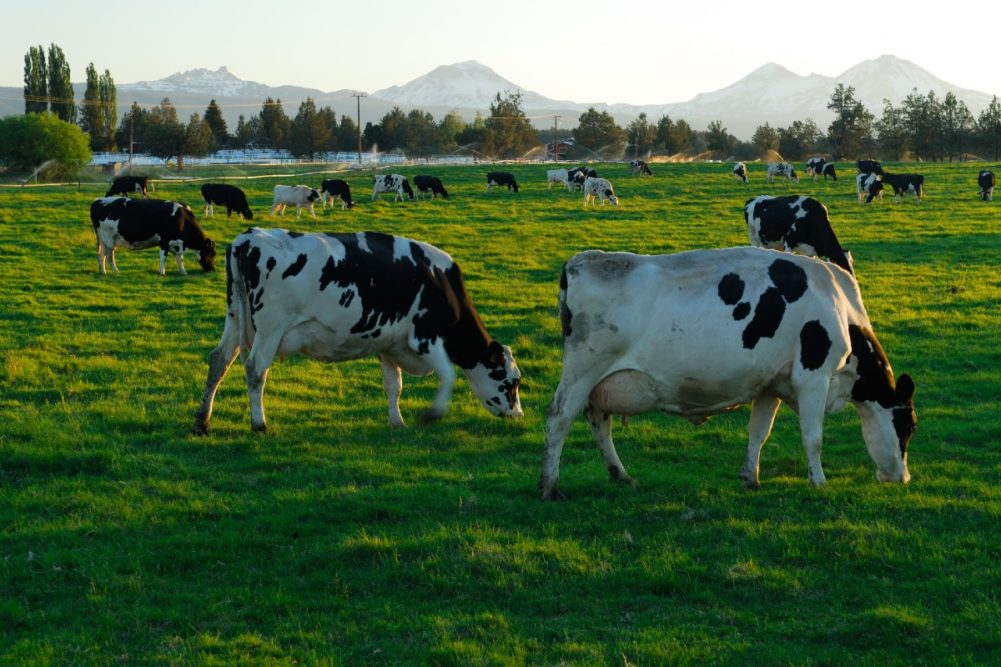KINDERHOOK, NY – Grass-fed organic dairy maker Maple Hill Creamery shared that the US Department of Agriculture (USDA) finalized $20 million in funding to support a project that aims not only to expand climate-smart markets for Maple Hill’s family dairy farmers, but also facilitate members of its network of partners to enhance regenerative practices.
The USDA first announced its Partnerships for Climate-Smart Commodities program in September 2022. In total, the program awarded $2.8 billion to fund pilot projects that aim to build and expand opportunities for consumers to purchase food grown in a climate-friendly way.
“Over the past year, leaders from Maple Hill have worked to develop a program called ‘Pay for Progress’ to educate farmers, measure and improve our industry-leading regenerative practices, and expand regenerative dairy farming,” said Mitch Clark, senior vice president of supply chain at Maple Hill. “This partnership with the USDA will help fund a significant portion of that program. With this support from the USDA, Maple Hill will expand its leadership in regenerative agriculture and be able to provide best practices to more farmers.”
The USDA awarded Maple Hill funding that will help the company expand climate-smart markets and increase consumer education. Its market expansion work will begin at the dairy farm level, as the company plans to educate farmers on how they can improve their pastures with climate-smart practices that upgrade soil health. The program incentivizes farmers to make changes and comes with training that supports them. Per Maple Hill, it will host roughly 30 regional educational events per year with resources and experts who can provide one-on-one guidance.
The company plans to educate consumers on regenerative farming practices, as well, highlighting how grass-fed organic dairy is better for people, the environment and cows.
Said Jim Hau, president of Maple Hill: “Once consumers learn about the benefits of regenerative farming and 100% grass-fed organic dairy, they’ll recognize the correlation between these practices and their desires for a healthier environment, healthier animals and healthier dairy products.”

